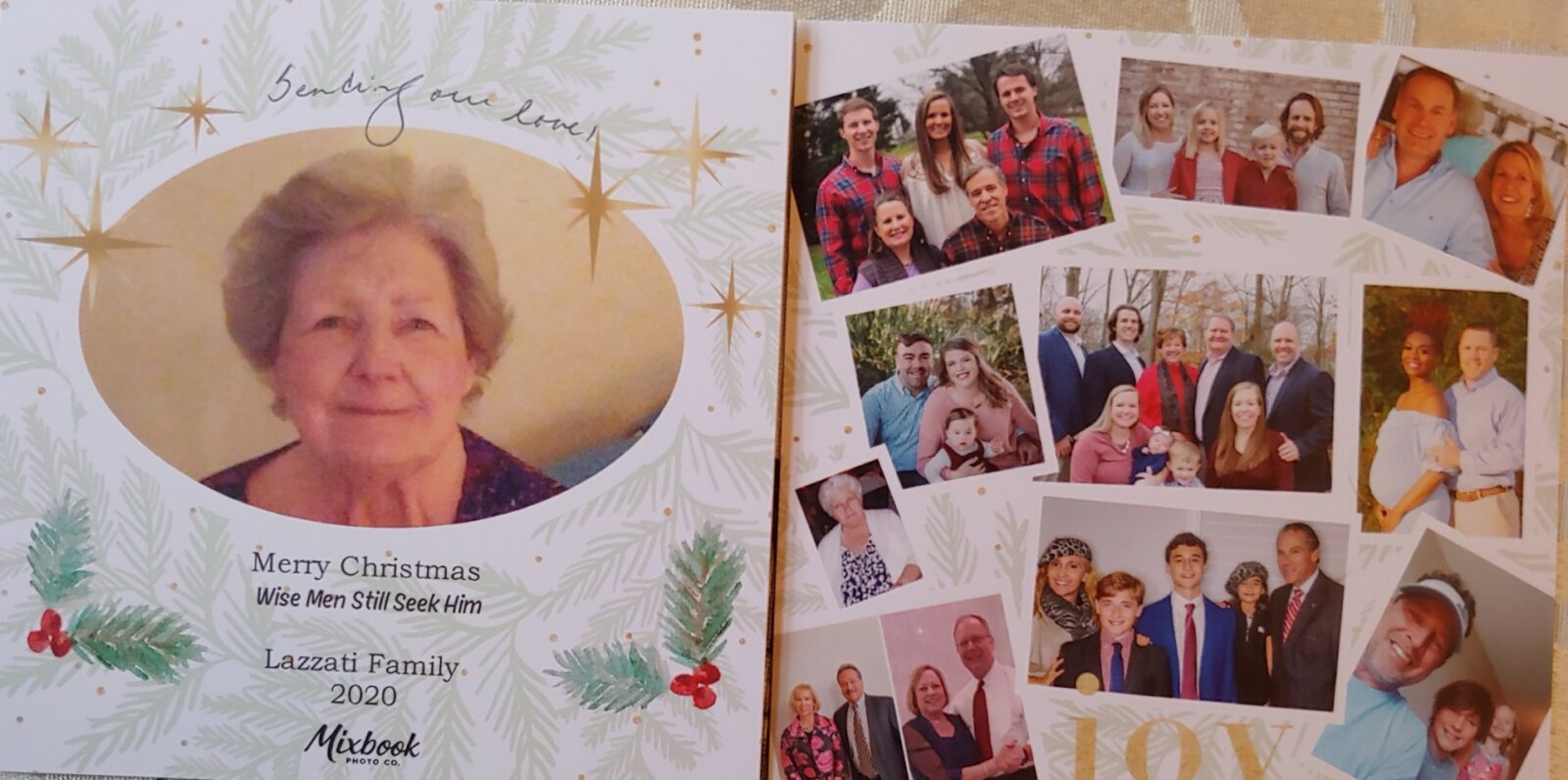Estate Planning for Young Adults
Find Us Online
Building wealth is only half the job. Protecting wealth for your loved ones and yourself is equally important. Through estate planning, business planning, and asset protection, our firm will help you protect everything you love — family, friends, and favorite charities. For more information be sure to visit our website where you will have access to our blog, events schedule, and a complimentary newsletter subscription!
Estate Planning for Young Adults
It seems strange to think of your own mortality — especially when you are in the prime of your life. This is probably the reason why 78% of millennials do not have even a simple last will and testament in place. While the old must die and the young may die, most people mistakenly
Planning for Important People
If your adult child is single with no children, then the “people” planning component of his estate plan can be very simple. In fact, he is the most important person in his estate plan. For example, has he at least discussed and reduced to writing what his wishes would be in terms of cremation, burial, and any final send-off ceremony? Making difficult decisions today makes them much easier on grieving family members later.
We have good friends whose son as a young college student expressed his interest in being an organ donor. After he suffered a medical condition that tragically took his life, at least he gave his family some guidance, which has saved several other lives. See “All My Tomorrows” by Eric Gregory.
If someone dies without a will the state law for where they live essentially writes one for them giving the assets to next of kin. That may be fine or may give assets to people who were not close to the decedent.
If an adult child is married without children, has she made arrangements to provide for her spouse? Has she legally appointed her spouse to wrap up any final affairs and to inherit everything directly with the least amount of legal “administrivia”?
Does your adult child have a minor child? Whether your son is single or married, has he made proper legal arrangements to nominate a guardian (back-up parent), should his child be orphaned? In most states, a last will and testament is the legal document used to make this important nomination. Your son should be sure to select someone who shares his fundamental beliefs, values, and approach to child-rearing. In the absence of his written legal guidance, this decision will be made by a judge who likely does not know your son or his family. This can be critical if the other biological parent and her family are irresponsible and unfit to rear your grandchild.
Planning for Important Property
If your adult child has specific wishes for the distribution of her assets at death, then she must make proper legal plans for them while alive. Does she have any collections she would want a family member or friend to inherit? In the absence of her written legal instructions, those valuable collections could end up sold online or in a “garage sale,” because no one in the family knew their actual or sentimental value.
For many young adults, “digital assets” may have considerable value. These assets are not physical computers and iPhones, but rather the information stored on such digital devices. For instance, e-mail accounts, websites, software programs, social media accounts, online photos, and Bitcoin accounts are examples of digital assets. The fate of these unique assets varies, depending on where your son lives. However, it is important to address what happens to these assets, if something happens to him, or all access to information could be lost.
Sometimes the actual planning of an “inheritance” itself is important. For example, if your daughter wants to leave an inheritance to someone who is a minor child, is financially immature, or has special needs, then a “trust” should be created to administer, protect and distribute the inheritance. Having a plan that protects life insurance proceeds and other assets and puts the right person in charge of managing the funds is real needed stewartship.
Some Final Thoughts
Nobody wants to think about losing their children, least of all during this exciting time of life. This also may be a good time for you to take a look at your own estate plan. Estate planning does not have to be complex at any stage of life.
Copyright © Integrity Marketing Solutions. All Rights Reserved.

 of paper until it holds title to your assets now or in the future. Either way, this process is commonly known as “funding” an RLT.
of paper until it holds title to your assets now or in the future. Either way, this process is commonly known as “funding” an RLT. needs such as food, clothing, and shelter. Life is good.
needs such as food, clothing, and shelter. Life is good. information, be sure to visit our website, where you will have access to our blog, events schedule, and a complimentary newsletter subscription!
information, be sure to visit our website, where you will have access to our blog, events schedule, and a complimentary newsletter subscription! assets from being shut down involuntarily and inaccessible to your loved ones.
assets from being shut down involuntarily and inaccessible to your loved ones. children together before they get married, or instead of getting married. For some couples, it makes more financial sense to remain unmarried. For others, the decision not to marry may be more personal. Regardless of the reason, the important point is to ensure that you are each protected in the event one or the other of you becomes incapacitated or passes away.
children together before they get married, or instead of getting married. For some couples, it makes more financial sense to remain unmarried. For others, the decision not to marry may be more personal. Regardless of the reason, the important point is to ensure that you are each protected in the event one or the other of you becomes incapacitated or passes away.



